Introduction
Hey there dog parents! Let's talk about a question many new dog moms and dads have: Can dogs without shots go outside? Vaccinations are super important for our furry friends, just like they are for us. They keep our pups safe from a bunch of nasty diseases and parasites lurking out there. But what happens if your dog hasn’t had their shots yet? Is it safe to let them explore the great outdoors? Let’s dive in and find out.
Understanding Dog Vaccinations
What are Dog Vaccinations?
Dog vaccinations are injections given to our pups to protect them from specific diseases. They work by training the immune system to recognize and fight off harmful pathogens. Think of them as a shield, keeping your dog safe from illnesses that could make them very sick.
Core vs. Non-Core Vaccines
Vaccines for dogs are split into two categories: core and non-core. Core vaccines are essential for all dogs because they protect against the most severe diseases. Non-core vaccines depend on your dog's lifestyle and environment. Your vet can help you decide which ones are necessary for your pup.
Why Vaccinations Are Crucial
Vaccinations are crucial because they prevent the spread of contagious diseases. They not only protect your dog but also help keep other dogs and even humans safe. Some diseases, like rabies, can be transmitted to people, so getting your dog vaccinated is a responsible and loving thing to do.

Risks of Taking Unvaccinated Dogs Outside
Exposure to Diseases
An unvaccinated dog is at a high risk of catching diseases like parvovirus, distemper, and rabies. These illnesses can be deadly and are easily spread through contact with other animals, their waste, or even contaminated soil and water.
Parasite Infestation
Parasites like fleas, ticks, and worms are more than just a nuisance. They can transmit diseases and cause serious health problems. Unvaccinated dogs are more susceptible to these pests because they don’t have the immune protection that vaccinated dogs do.
Interaction with Other Animals
When your unvaccinated dog interacts with other animals, the risk of disease transmission skyrockets. This includes encounters with other dogs, wildlife, and even stray cats. It's crucial to keep your pup away from potential carriers of disease until they're fully vaccinated.
Common Dog Diseases Prevented by Vaccinations
Canine Parvovirus
Parvo is a highly contagious virus that affects the gastrointestinal tract of dogs. It can cause severe vomiting, diarrhea, and dehydration, often leading to death if not treated promptly.
Canine Distemper
Distemper is a serious disease that affects the respiratory, gastrointestinal, and nervous systems of dogs. Symptoms include fever, coughing, vomiting, and seizures. It’s often fatal and highly contagious.
Rabies
Rabies is a viral disease that affects the brain and is almost always fatal once symptoms appear. It’s transmitted through bites from infected animals and can be passed to humans, making vaccination absolutely essential.
Kennel Cough
Kennel cough is a respiratory infection that causes a severe, hacking cough. It’s highly contagious and can spread quickly in places where dogs congregate, like parks or kennels.

Parasites and Pests: A Threat to Unvaccinated Dogs
Fleas and Ticks
Fleas and ticks can cause a range of problems, from skin irritation to serious diseases like Lyme disease and ehrlichiosis. These pests are common in outdoor areas, especially in warmer months.
Heartworms
Heartworms are transmitted by mosquitoes and can cause severe damage to a dog's heart and lungs. Preventative medication is essential, but an unvaccinated dog without these protections is at significant risk.
Intestinal Worms
Roundworms, hookworms, and tapeworms are common intestinal parasites that can be picked up from contaminated soil or feces. These worms can cause digestive issues, malnutrition, and other health problems.
Environmental Hazards
Contaminated Water
Stagnant or contaminated water can harbor bacteria and parasites that can make your dog sick. Leptospirosis, for example, is a bacterial disease spread through water contaminated by animal urine.
Toxic Plants
Many common plants are toxic to dogs if ingested. Symptoms of plant poisoning can range from mild stomach upset to severe illness or even death.
Chemical Exposure
Pesticides, fertilizers, and other chemicals used in gardens and parks can be harmful if ingested or absorbed through your dog's skin. Always be cautious of where your dog roams and what they might come into contact with.
Social Interactions and Safety
Encounters with Other Dogs
Meeting other dogs can be risky for an unvaccinated pup. Even a friendly sniff can transmit diseases if the other dog is infected.
Risks from Wildlife
Wild animals can carry a variety of diseases and parasites that can be transmitted to dogs. Raccoons, skunks, and bats are common carriers of rabies, for example.
Aggression and Territorial Behavior
Unvaccinated dogs may not have had the chance to socialize properly, leading to fear or aggression. This can make encounters with other animals or humans potentially dangerous.
Legal and Ethical Considerations
Local Laws and Regulations
Many places have laws requiring dogs to be vaccinated against certain diseases, especially rabies. It's important to know and follow these regulations to avoid fines and ensure public safety.
Responsibility as a Dog Parent
As a dog parent, it's your responsibility to protect your pet and those around them. Vaccinating your dog is a key part of responsible pet ownership, helping to prevent the spread of diseases.

Indoor Activities for Unvaccinated Dogs
Training Exercises
Teaching your dog basic commands and tricks can be done safely indoors. This not only stimulates their mind but also helps establish a strong bond between you and your pup.
Mental Stimulation Games
Puzzle toys and games that challenge your dog’s brain are great for keeping them entertained. These activities can help reduce boredom and prevent destructive behavior.
Indoor Play Areas
Set up a designated play area in your home where your dog can run, jump, and play safely. This is especially useful if you have a young, energetic puppy.
Safe Ways to Introduce Your Dog to the Outdoors
Controlled Environments
Start by letting your dog explore your own backyard or another enclosed area where they can’t come into contact with other animals.
Gradual Exposure
Gradually increase your dog’s exposure to the outside world. Short, supervised trips can help them get used to new sights and sounds without overwhelming them.
Supervised Outings
Always keep a close eye on your unvaccinated dog when they’re outside. Make sure they don’t interact with other animals or explore areas where they might encounter pests or contaminants.
Pre-Vaccination Precautions
Health Checks Before Vaccination
Ensure your dog is in good health before starting their vaccination schedule. This includes a thorough check-up by a vet to rule out any underlying health issues.
Proper Nutrition and Care
A healthy diet and proper care are essential for boosting your dog’s immune system. This makes them better able to handle vaccinations and fend off infections.
Importance of Socialization
Early socialization is important for your dog’s development. Even before vaccinations, you can start socializing your pup in safe, controlled environments to help them grow into a well-adjusted adult dog.
Signs Your Dog Needs Medical Attention
Symptoms of Common Diseases
Watch for signs of illness in your dog, such as vomiting, diarrhea, coughing, or lethargy. Early detection can make a big difference in treatment outcomes.
When to Visit the Vet
If you notice any unusual symptoms or if your dog seems unwell, don’t hesitate to visit the vet. It’s better to be safe and get professional advice as soon as possible.
Preventative Health Measures
Regular check-ups, a balanced diet, and maintaining a clean living environment are all crucial for keeping your dog healthy.
The Role of the Veterinarian
Regular Check-Ups
Regular vet visits are essential for monitoring your dog’s health and keeping their vaccinations up to date.
Vaccination Schedules
Your vet will provide a vaccination schedule tailored to your dog’s needs. Sticking to this schedule ensures that your dog remains protected throughout their life.
Professional Advice
Vets are a valuable resource for any questions or concerns you have about your dog’s health. Don’t hesitate to reach out to them for advice.
Myths About Dog Vaccinations
Debunking Common Myths
There are many myths about dog vaccinations, such as the idea that they’re unnecessary or harmful. It’s important to base your decisions on scientific evidence and professional advice.
Understanding the Science
Vaccinations are backed by extensive research and have been proven to be effective in preventing serious diseases.
The Truth About Side Effects
While side effects can occur, they are usually mild and temporary. The benefits of vaccination far outweigh the risks.
Conclusion
In summary, it’s best to avoid taking your unvaccinated dog outside until they’ve had their shots. The risks from diseases, parasites, and environmental hazards are just too high. Instead, focus on indoor activities and safe, controlled outdoor experiences. Once your pup is fully vaccinated, they’ll be ready to explore the world safely and happily. Remember, as a responsible dog parent, it’s your job to keep your furry friend protected and healthy.
FAQs
Can an unvaccinated dog go to the park?
No, it’s not safe to take an unvaccinated dog to the park. Parks are high-risk areas where your dog can easily come into contact with other dogs and potential disease carriers.
What should I do if my unvaccinated dog gets sick?
If your unvaccinated dog shows signs of illness, contact your vet immediately. Early treatment is crucial for the best outcome.
How can I socialize my unvaccinated puppy safely?
You can socialize your unvaccinated puppy by arranging playdates with healthy, vaccinated dogs in a controlled environment. Puppy classes are also a good option once they’ve had their first round of shots.
Are there any optional vaccines?
Yes, non-core vaccines are optional and depend on your dog’s lifestyle and environment. Your vet can help you decide which ones are necessary.
How do I find a reliable vet for vaccinations?
Ask for recommendations from other dog parents, read reviews online, and visit local clinics to find a vet you trust. A good vet will take the time to answer your questions and provide the best care for your dog.


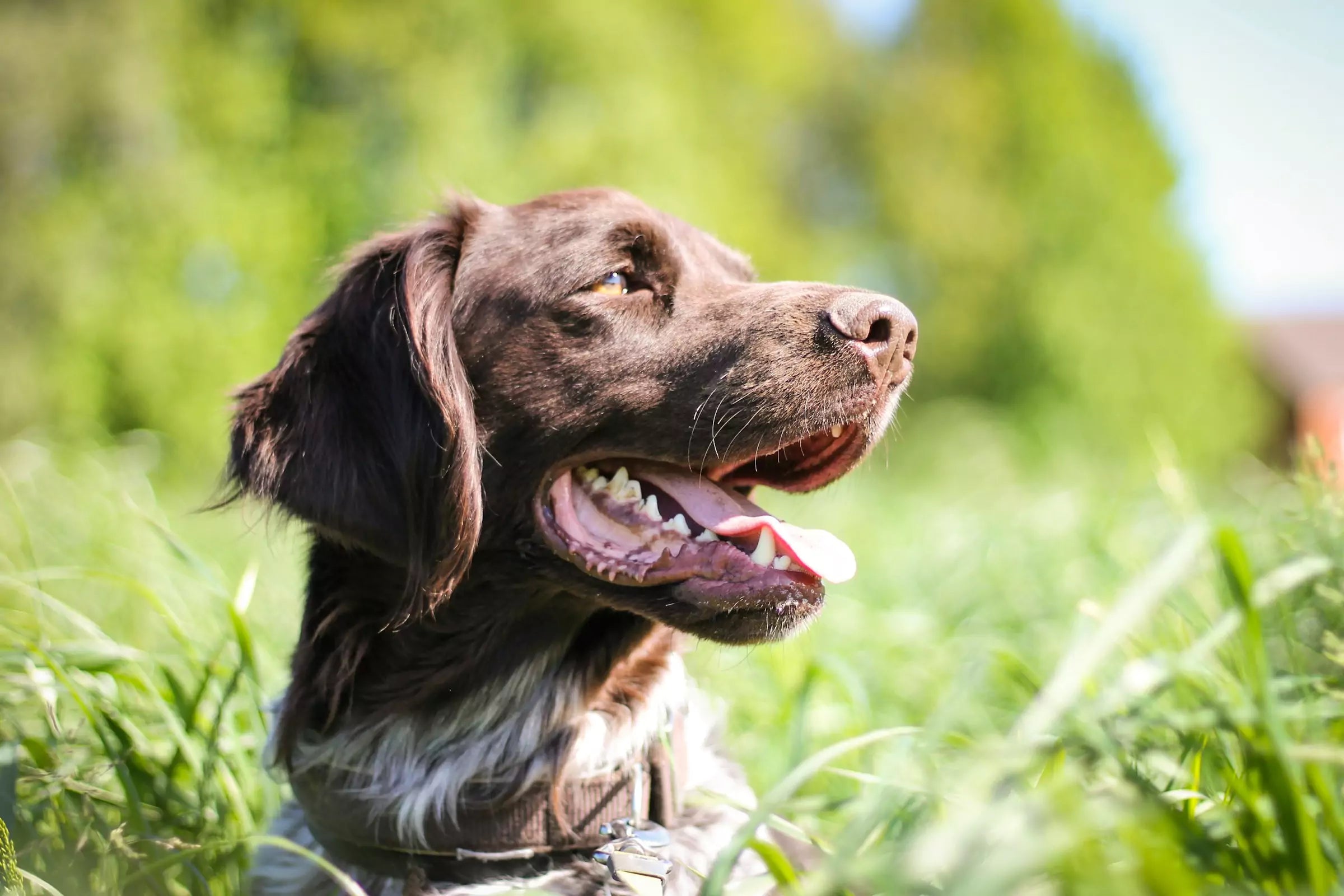
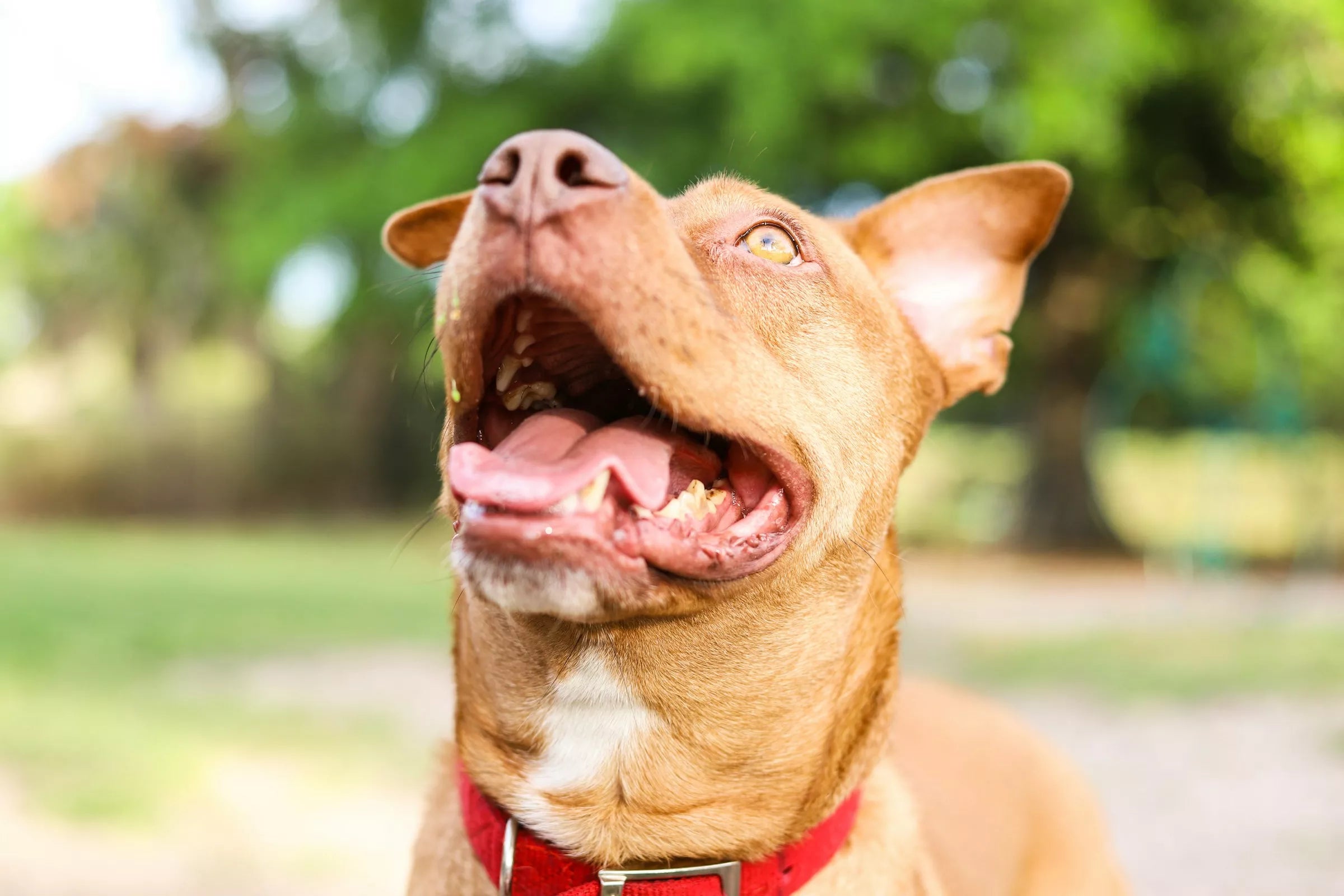

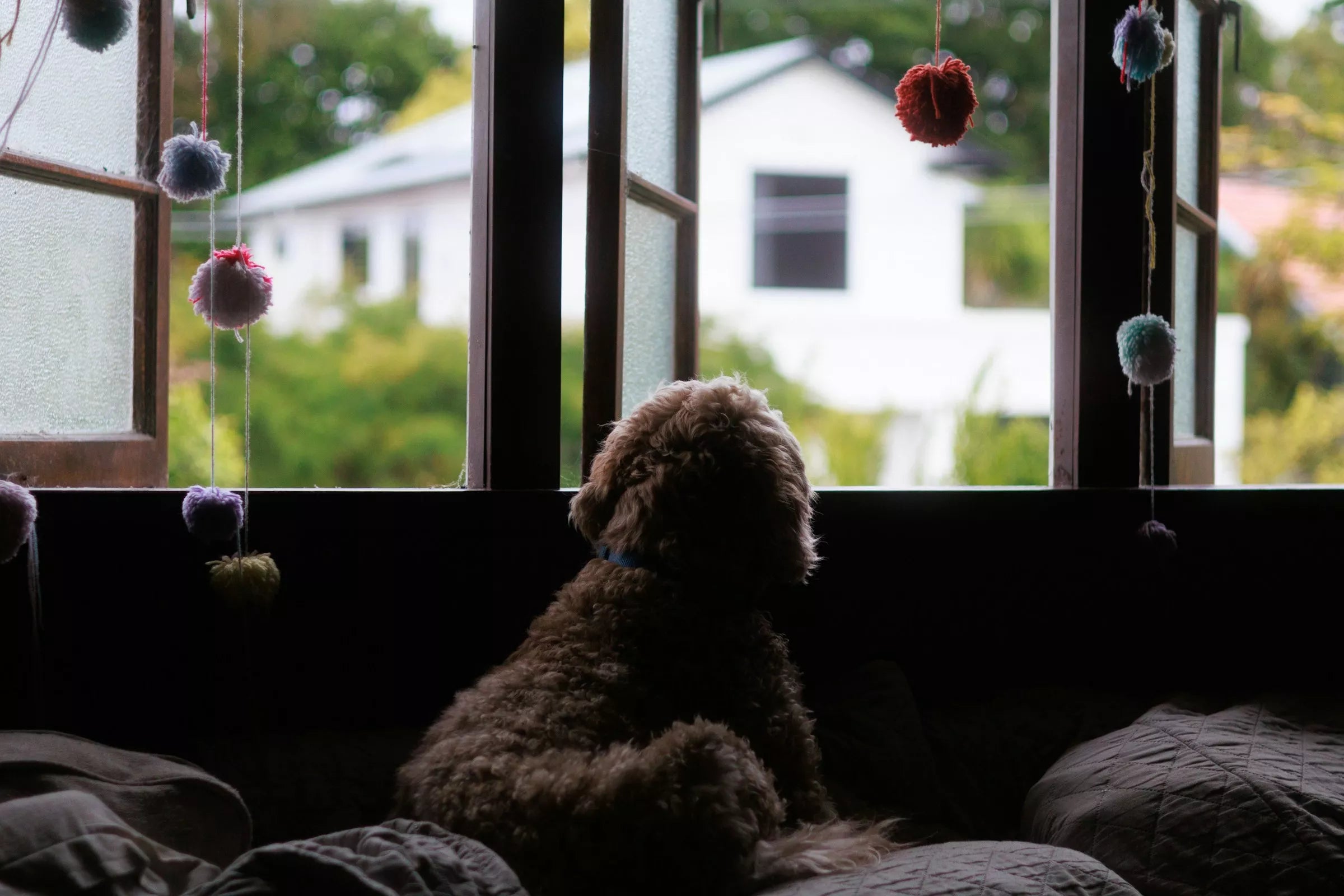
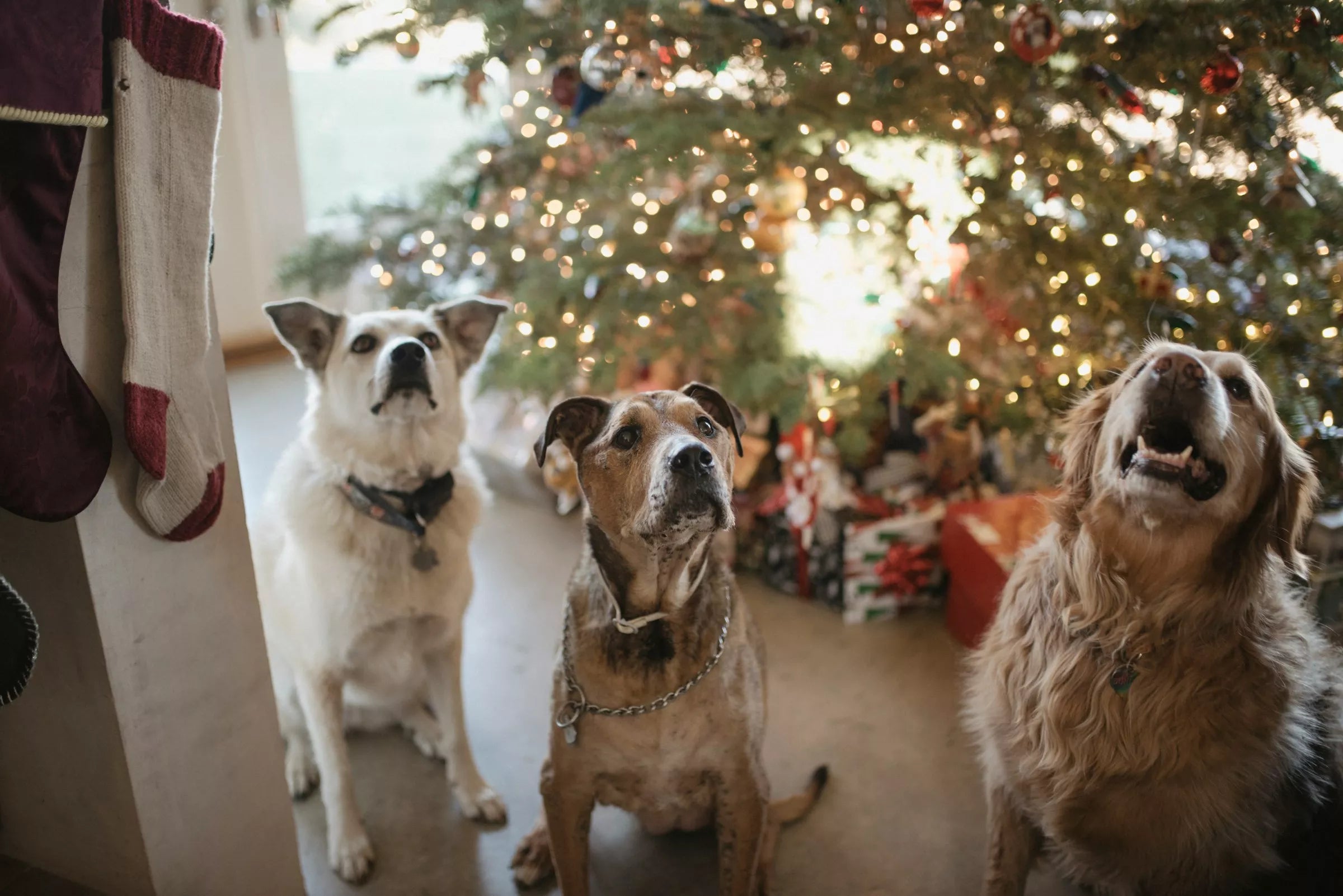
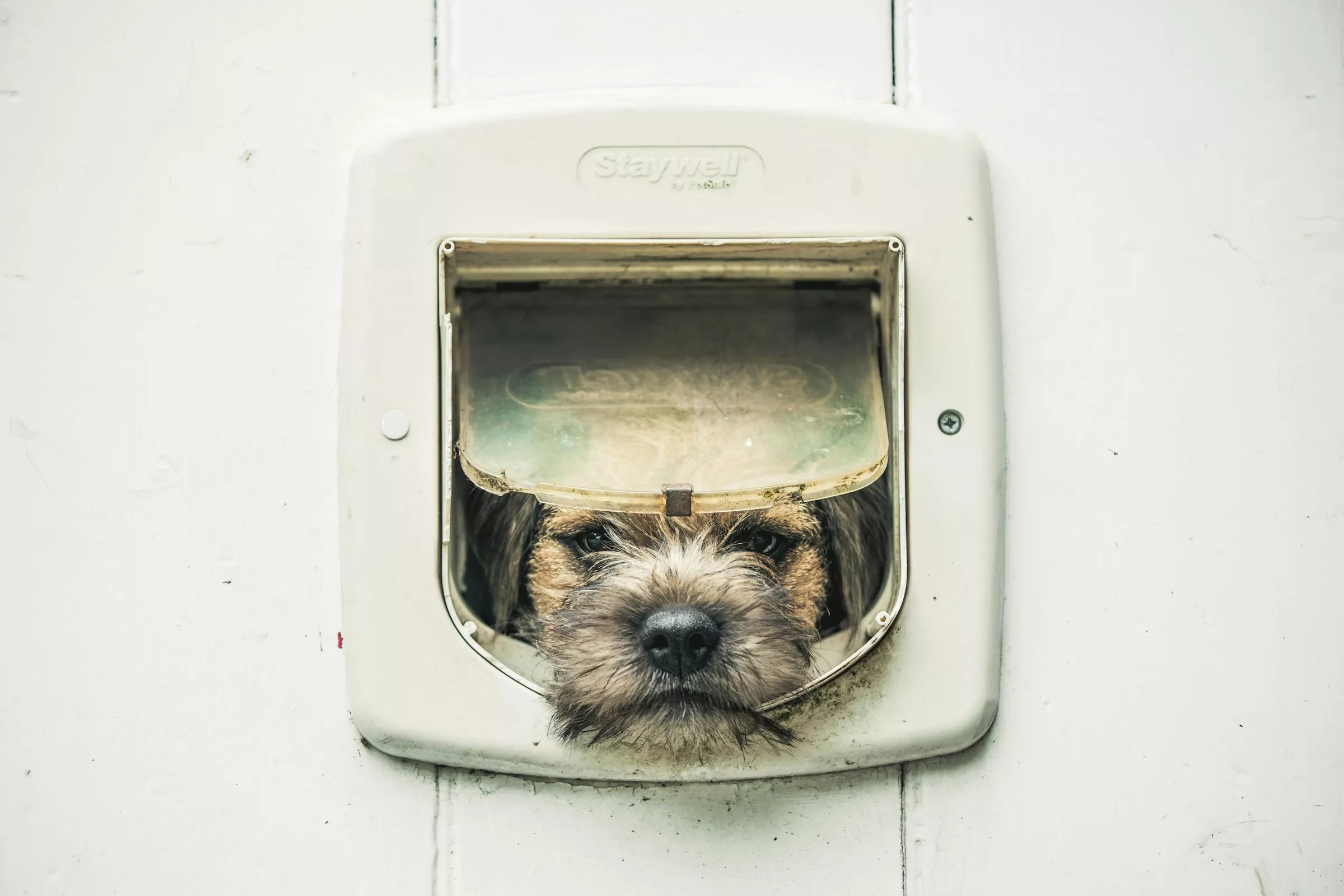
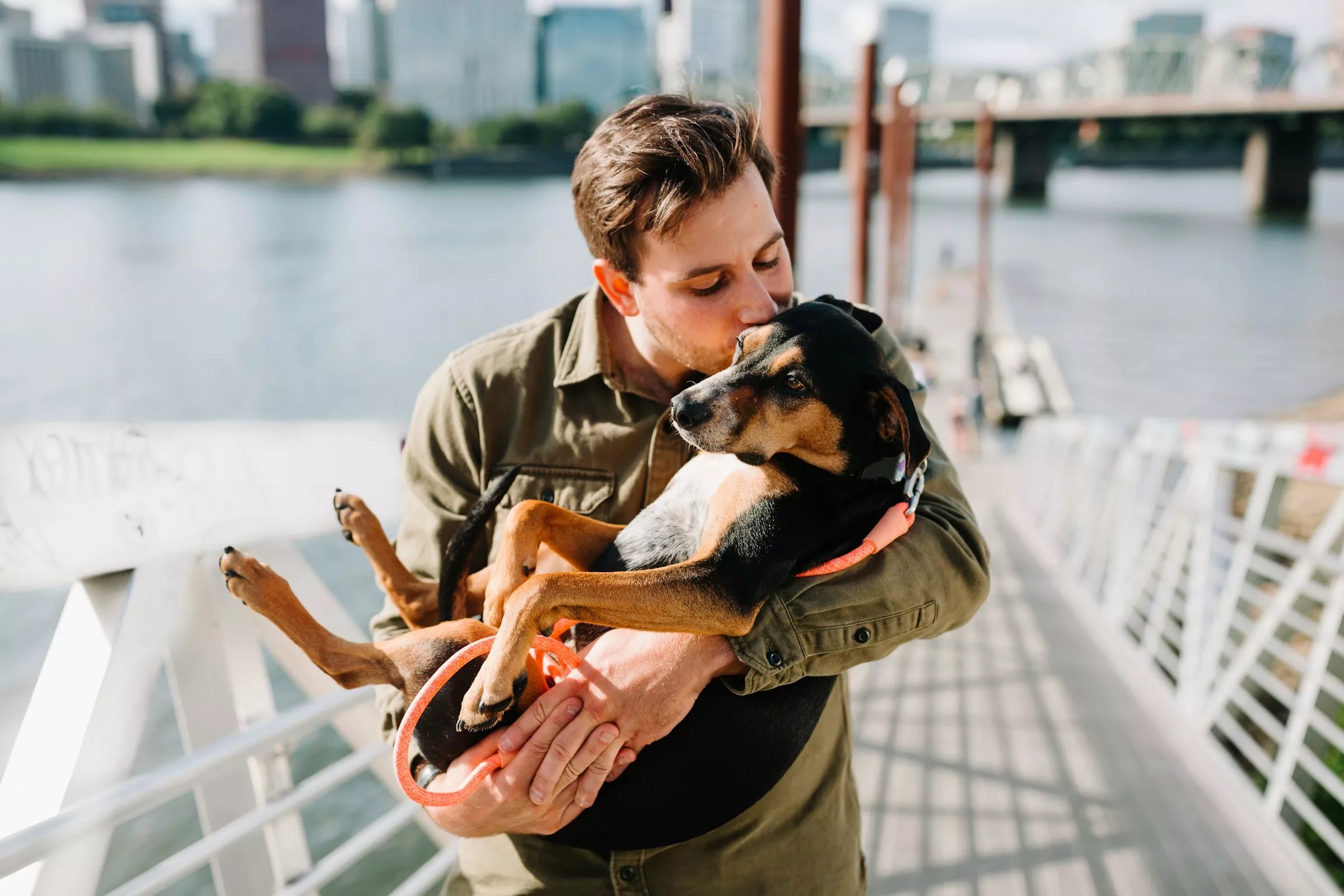






Share:
Should Dogs Run on Concrete?
Why Do Dogs Sleep So Much?